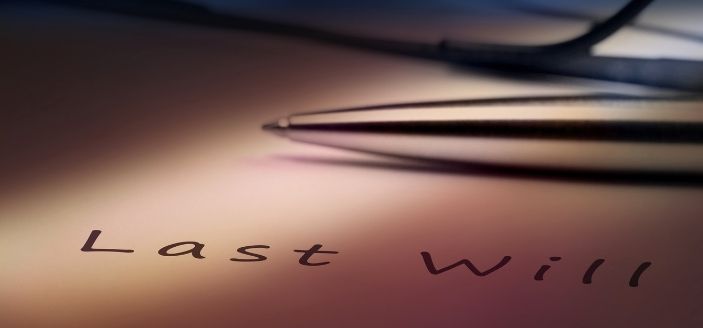07 Oct Civil liability of an administrator of an estate

Civil liability of an administrator of an estate
by George Coucounis
“It can be examined through a lawsuit and not in the procedure of the administration of the estate of the deceased”
THE status of an administrator of the estate of a deceased creates to him duties and powers defined by law. His obligation is to ascertain the heirs, whether any of them is incapacitated, to find the assets and any debts of the estate, secure the tax releases and distribute the estate in accordance with the inheritance right of each heir, taking into account the provisions of the will if any. The administrator is under an obligation to locate the assets as soon as possible, to pay the expenses and any lawful debts according to their order of priority and make an assessment of the remaining part of the estate, if necessary, as well as to execute the will in accordance with the law. There may be a need to sell part or all of the estate when there are debts, taxes, dues and expenses, which are not covered by the movable property or even where a specific item, due to its nature, wears out and loses its value. In this case, the administrator may apply to the Court for directions and obtain a relevant order, unless he obtains the written consent of all the heirs for the sale.
A serious issue arises when the administrator in the course of the administration of the estate is considered to be squandering the estate in violation of his duty as administrator. According to the law, he must act diligently and not tolerate, allow or dispose the assets to the heirs while there are debts or potential claims against the estate. The administrator has the duty to protect the estate, since its disposal in a manner causing loss to a third person may create a personal liability to the administrator for damages. In such a case, the civil liability of the administrator can be ascertained in the course of a lawsuit instituted by the creditor and not in the context of the administration.
In a judgment issued by a single Judge of the Supreme Court dated 15.9.2021, the Court referred to a previous judgment of the Plenary Session of the Supreme Court between the same litigants issued on 11.3.2021. The Plenary Session did not dispute the obligations imposed on the administrator of the estate of a deceased nor the fact that he may become personally liable to compensate a creditor of the estate. The Court indicated that the crucial question whether this liability could be established and the consequences to be imposed in the context of the administration of the estate, as the lower Court had done, or whether a lawsuit is required. The Court held that, on the basis of the prima facie examination, such a liability could be established only in the course of a lawsuit against the administrator. The disposal of the estate incorrectly, so that its creditor remains unsatisfied, does not inevitably assign personal liability to the administrator to compensate him. Therefore, a trial appears to be, at first sight, a necessary procedure for resolving the issue.
According to the facts, the administrator of the estate of a deceased was ordered by a lower Court within the administration to return the amount received from the accounts of the deceased and which he distributed to the heirs. He was ordered to return the amount within 45 days, otherwise the creditor would have the right to proceed and take enforcement measures against the administrator personally. In this respect, the lower Court decided that the administrator violated his duties as administrator of the estate resulting in its squandering for the benefit of the heirs to the detriment of the creditor.
The administrator challenged the correctness of the decision of the lower Court, filed an appeal and applied to the Supreme Court requesting leave to file a certiorari in order to annul the decision of the lower Court. The Supreme Court, with a single Judge, did not find that there were exceptional circumstances to grant the leave. However, the Plenary Session of the Supreme Court overturned his decision, deciding that the assignment of personal liability to the administrator with the procedure followed, prima facie outside the institutional framework of civil liability, which is the trial of a lawsuit, a procedure that would guarantee the rights of the administrator, documents, for the purposes of this stage of the proceedings, exceptional circumstances. The Supreme Court accepted the appeal giving leave to the administrator to file an application with summons for the issuance of a certiorari. The Supreme Court with a single Judge, through its judgment of 15.9.2021, issued the certiorari and annulled the decision of the lower Court, considering that the claim could only be raised by a lawsuit.